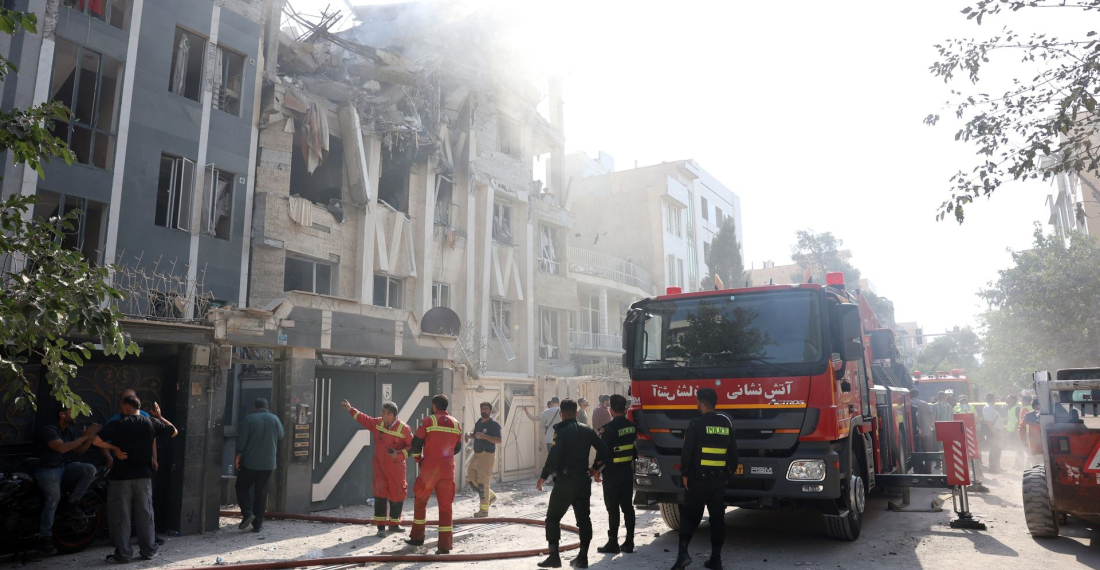On Friday (13 June), a series of powerful explosions were heard and seen across Iran, following a large-scale Israeli air campaign targeting the country's military infrastructure. In a prerecorded video released early on Friday morning, Israeli Prime Minister Benjamin Netanyahu argued that the strikes were aimed at nuclear infrastructure and ballistic missile factories inside Iran. According to Netanyahu, the strikes were necessary to delay what he described as an imminent nuclear threat.
Iranian state media reported that several senior military figures had been killed or seriously injured, including the commander-in-chief of the Islamic Revolutionary Guard Corps (IRGC), Hossein Salami; the Armed Forces chief, Mohammad Bagheri; and the nuclear scientists Mohammad Mehdi Tehranchi and Fereydoun Abbasi-Davani.
In an immediate response, Iran launched more than 100 drones towards Israeli territory. Iran’s Supreme Leader, Ayatollah Khamenei, condemned the strikes as a “crime” and warned Israel to expect “severe punishment”. A state of emergency has been declared in Israel, with sirens sounding nationwide, airports closed and public activities limited.
The U.S. government has stated that it was not involved in the air operation, but has emphasised that its forces in the region remain protected. Secretary of State Marco Rubio urged Iran not to extend its aggression towards American personnel.






